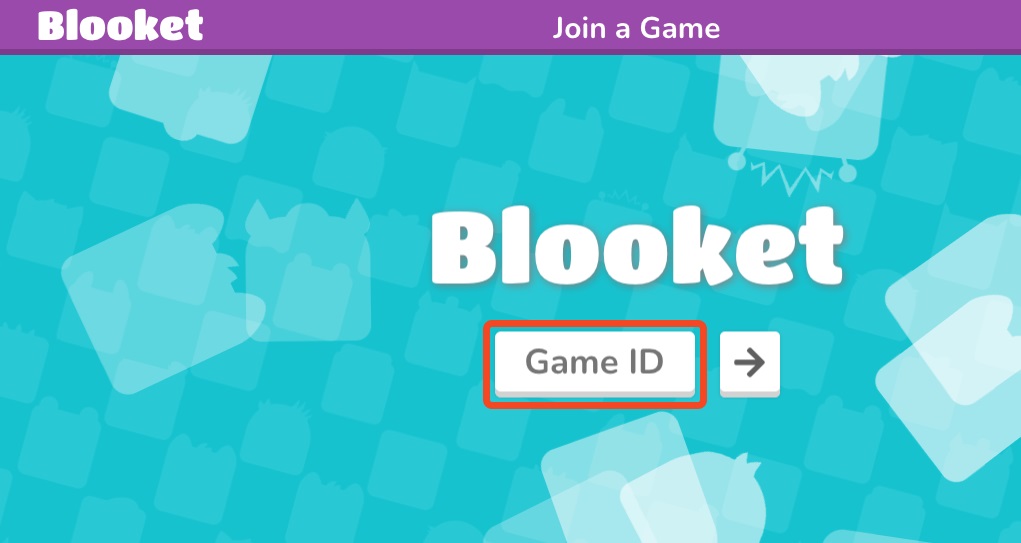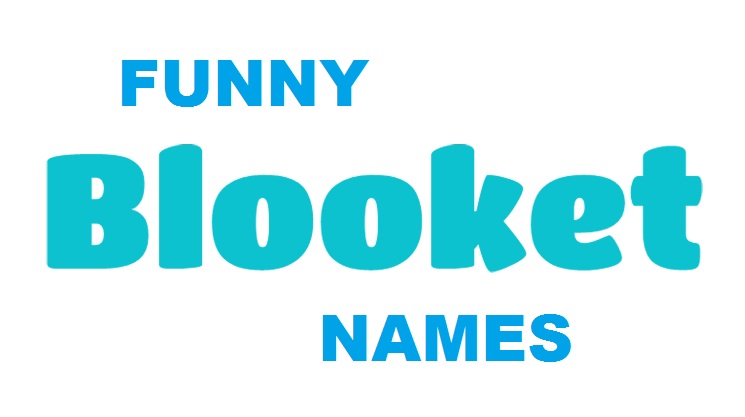Blooket, an engaging platform designed for educational quizzes, has gained immense popularity for its gamified learning approach. However, with any popular game comes the development of tools aimed at gaining unfair advantages, and Blooket is no exception. One such tool is the Blooket bot, a tool used to flood Blooket games with fake participants or to manipulate the game’s outcome. In this article, we will explore what Blooket bots are, how they work, their impact on the Blooket platform, and why they have become a controversial issue in the gaming and educational space.
Table of Contents
What is a Blooket Bot?
A Blooket bot is essentially an automated tool or script that can enter a Blooket game using a specific game pin, creating multiple bots (or fake players) that flood the game room. These bots often have randomized names and can behave in different ways, depending on the type of bot being used. Blooket bots can be used for a variety of purposes, but they are primarily employed to overwhelm a game session, annoy other players, or cheat to manipulate the outcome of a quiz.
Types of Blooket Bots
There are different kinds of Blooket bot tools, each varying in functionality and complexity. Some bots are designed simply to flood a game with fake participants, while others can actively participate by answering questions (often incorrectly) to disrupt the quiz results.
Here are some common types of Blooket bots:
- Flood Bots: These bots overwhelm a game by creating multiple fake players, slowing down the game and sometimes crashing it. They often enter with randomized names to avoid easy identification.
- Answer Bots: Some bots are programmed to automatically answer quiz questions, sometimes incorrectly, to mislead or frustrate genuine players.
- Host Bots: In certain cases, bots are used to take over or manipulate the host of the game, giving the bot controller more control over the game session.
How Do Blooket Bots Work?
Blooket bots typically function by utilizing scripts or web-based tools that allow users to input a Blooket game pin and automatically generate fake accounts to join the game. These tools are often hosted on platforms like Glitch or Replit, making them accessible to the public. Some more advanced bot tools can be customized for various functions, such as creating a certain number of bots or controlling how the bots behave in the game.
Here’s how a basic Blooket bot setup works:
- Enter Game Pin: The user running the bot enters the unique game pin for the Blooket session they wish to disrupt.
- Set Bot Quantity: Depending on the tool, the user can specify the number of bots they want to generate.
- Bot Creation: The bots, often with randomized names (e.g., Bot1, Bot2), will join the game sequentially.
- Bot Actions: In some cases, the bots may also be able to answer questions or remain idle, depending on the bot’s programming.
Important: While these tools may seem simple to use, it’s important to recognize that using bots to interfere with games violates Blooket’s terms of service and can result in bans or restrictions for the user.
The Impact of Blooket Bots
While the intention behind Blooket was to create a fun and educational environment, bots disrupt the experience for both teachers and students. The use of bots can negatively impact the overall gameplay and learning outcomes in several ways:
1. Disrupting Classroom Learning
The most significant consequence of Blooket bots is the disruption they cause in educational settings. Blooket is widely used in classrooms to engage students in quiz-style learning activities. When bots flood a game, it makes it difficult for genuine students to participate and enjoy the learning experience. In some cases, the flood of fake players may slow down or crash the game entirely, frustrating teachers and wasting valuable class time.
2. Unfair Advantage
Blooket bots also create an unfair advantage for users who employ them. Since these bots can answer questions or flood a game, they can manipulate the outcome of a quiz. This is particularly problematic in competitive settings, where players are ranked based on their performance. By using bots to gain an advantage, users not only cheat themselves but also create an unfair environment for others.
3. Platform Vulnerability
The prevalence of Blooket bots exposes vulnerabilities in the platform. As more users exploit these weaknesses, it puts pressure on the developers to continuously update their system to prevent such abuses. This cat-and-mouse game between bot creators and platform developers can be a drain on resources and may affect the platform’s overall performance for legitimate users.
Why Are Blooket Bots So Popular?
Despite the negative impact, Blooket bots have gained popularity for several reasons:
1. Ease of Access
Many bot tools are freely available and easy to use. With just a few clicks, anyone can flood a Blooket game with fake players. Popular tools like BlooketFlooder or Blooker are often hosted on platforms like Glitch or Replit, making them easily accessible without requiring advanced programming knowledge.
2. Anonymity
Since most bot tools create players with randomized names, it becomes difficult for game hosts to identify and remove fake participants. This anonymity emboldens users who want to disrupt games without facing immediate consequences.
3. Curiosity and Mischief
Many younger users might employ bots out of curiosity or for a sense of mischief. Since Blooket is widely used in schools, students may feel tempted to use these tools as a way to play pranks on their classmates or disrupt a lesson. The appeal of causing chaos, even if temporary, drives many users to experiment with bots.
Ethical Considerations and Consequences
While using Blooket bots may seem like harmless fun to some, it’s essential to recognize the ethical implications and potential consequences of such actions. Using bots to cheat or disrupt games is not only unfair but also undermines the integrity of the platform and the learning experience for others.
Consequences of Using Blooket Bots:
- Account Bans: Blooket has strict policies against the use of unauthorized bots. Users who are caught using bots can have their accounts banned or restricted.
- Negative Classroom Experience: For students, using bots to cheat or disrupt a game could lead to disciplinary actions from teachers or schools. It also detracts from the educational value of the platform, harming both the bot user and their classmates.
- Platform Security: The rise of bots forces Blooket’s developers to focus on security measures to combat these issues, which may slow down the development of other features or improvements.
Alternatives to Bots: Playing Fair
Instead of using bots to manipulate games, it’s always better to play fair and encourage genuine participation in Blooket games. Here are some positive alternatives:
- Focus on Learning: Use Blooket as a way to enhance knowledge and learn in a fun, interactive way, without relying on shortcuts or cheats.
- Friendly Competition: Encourage friendly competition in a fair environment. Competing without bots promotes sportsmanship and a better learning atmosphere.
- Engage in Custom Content: Explore the customization features of Blooket to create more engaging and personalized quizzes that cater to your specific interests or learning goals.
Conclusion
The use of Blooket bots may offer short-term gains or amusement, but it ultimately undermines the educational experience that Blooket aims to provide. From disrupting classrooms to creating unfair advantages, these tools pose challenges for both students and educators. While bot tools may seem easy and tempting to use, their long-term consequences far outweigh the short-lived benefits. Instead, fostering a fair and engaging learning environment through honest participation remains the best approach for all users.
By focusing on the educational value that Blooket offers and avoiding the temptation to use bots, students can ensure a positive and rewarding experience for themselves and their peers. Play fair, learn more, and embrace the spirit of healthy competition!






